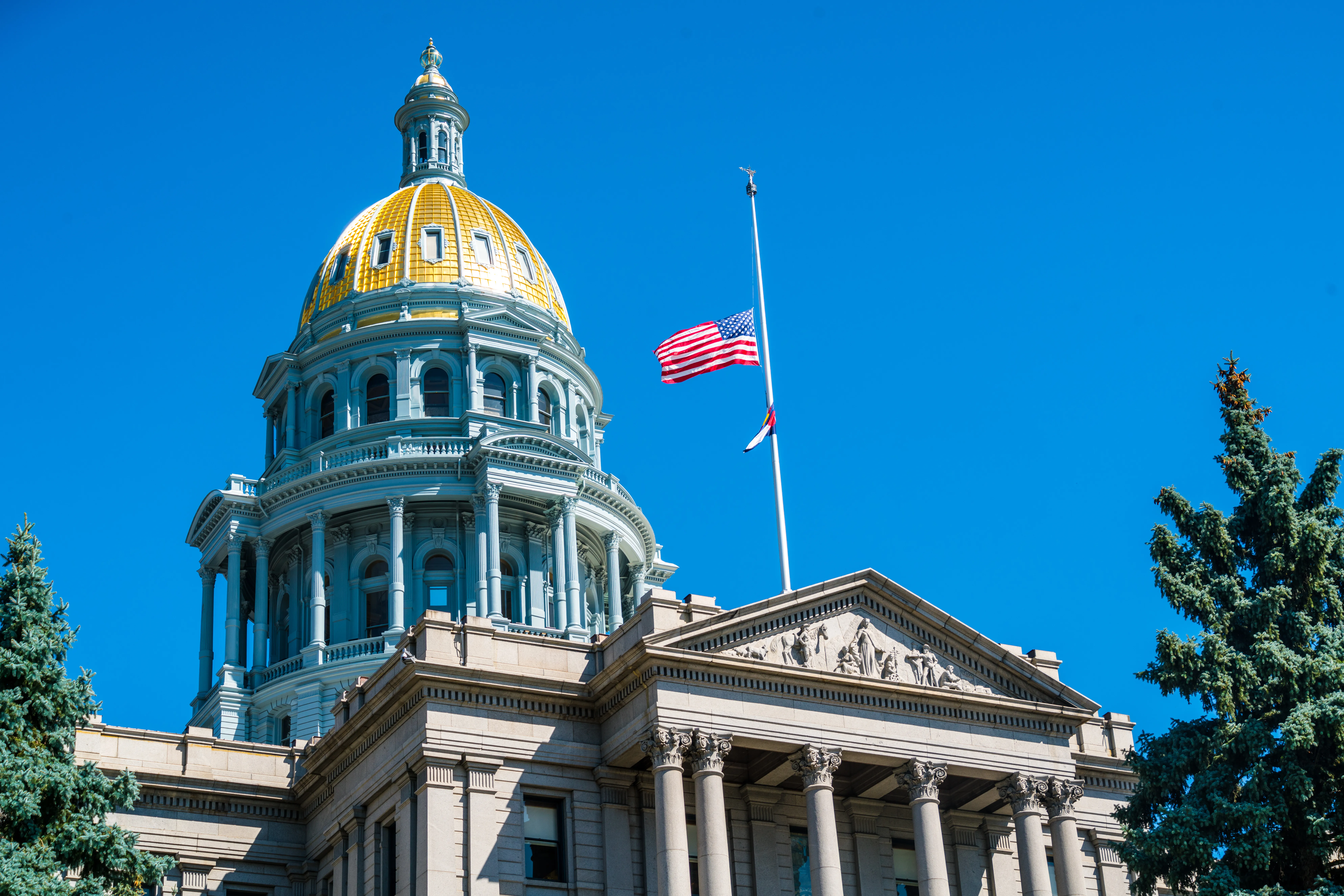
Credit card debt storm hangs over U.S. consumers
(Prairie News Service) Credit card debt in the U.S. is now at record levels. While those struggling to keep up might feel paralyzed, counselors say it's important to seek out solutions right away.
The New York Federal Reserve Bank's recent quarterly report on household debt noted credit card balances jumped to $986 billion, surpassing the pre-pandemic high of $927 billion, even after pandemic relief and higher wages helped some people build a cushion.
Bruce McClary, senior vice president of membership and communications for the National Foundation for Credit Counseling, said with factors such as inflation, people are having to lean on their credit cards more, and it comes at the worst possible time.
"These balance increases are happening at a time when credit card interest rates are at an all-time high," McClary pointed out. "The average interest rate right now is somewhere around 20 percent, which is mind-blowing."
McClary advised if your budget is starting to unravel because of credit card bills, do not wait to seek help, because it can only complicate things if the debt is passed along to collection agencies. Nonprofits like his provide access to counselors who are geared to assist low- to moderate-income individuals. Initial consultations are often free, and fees can be waived for those eligible.
McClary emphasized in seeking out help, the standard red flag of "if it appears too good to be true" still applies.
"Companies that say they know secrets that help them achieve those results that nobody else knows," McClary explained. "The truth of the matter is it isn't that easy, and it's not always something these companies can deliver on."
He added you should never agree to pay an upfront fee before any steps are taken to address your debt situation. Meanwhile, groups such as AARP have financial tools on their website to help people manage their budgets, plan for retirement and avoid money traps.
















